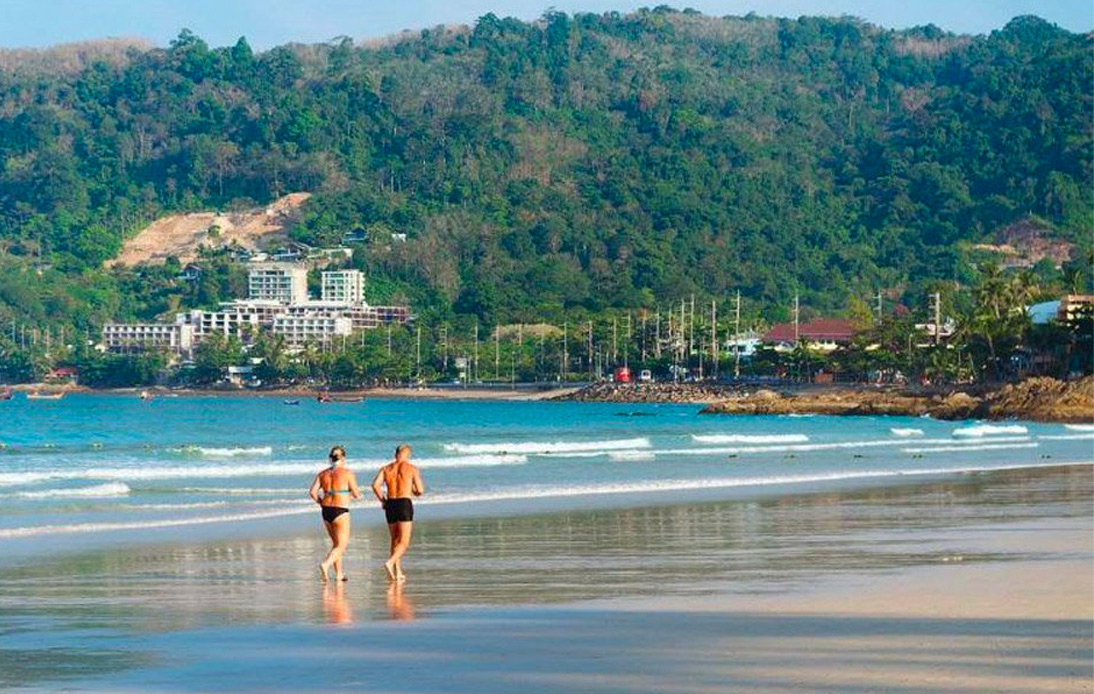
The Thailand Tourism Council (TCT) has appealed to the newly instated government to position the nation as a go-to for retirees, simultaneously advocating for the removal of regulatory obstacles linked to the development of supply.
On Wednesday, the TCT and delegates from the Thai Sang Thai Party gathered to discuss their perspectives on tourism growth. This meeting came after the party had previously engaged in dialogues with tourism groups in Phuket, Phangnga, and Krabi the day before.
The TCT president, Chamnan Srisawat, expressed that tourism progression should be elevated to an item of national significance, warranting a committee led by the prime minister to involve all corresponding ministries.
Mr Chamnan conveyed that most regulations necessitating revisions are under the responsibility of ministries other than the Ministry of Tourism and Sports.
This includes matters like hotel registration, overseen by the Interior Ministry, and natural resources at tourism sites, managed by the Ministry of Natural Resources and Environment.
Mr Chamnan mentioned that the private sector is in harmony with the coalition government’s pledge to “reform outdated laws and regulations”, especially the reduction of unnecessary rules that hinder the growth of tourism.
For tourism encouragement, the TCT advocates capitalizing on the growing elderly demographic by endorsing Thailand as an ideal destination for retirees, promoting health and wellness offerings capable of attracting high-spend visitors.
The past Federation of Thai Industries chairman and current economic head of the Thai Sang Thai Party, Supant Mongkolsuthree, commented that the holdup in forming a new government is negatively affecting economic assurance and foreign investments.
As elected MPs await validation from the Election Commission, the coalition government is striving to set the foundation for future endeavors by considering the viewpoints of stakeholders across various sectors.
Beyond the scheme to market the nation to foreign retirees, Supant outlined the introduction of a unified booking system combining tourism commodities like hotels, restaurants, and attractions.
This is another solution geared towards enriching local businesses and preventing substantial revenue leakage to international platforms.
Simultaneously, Thai Sang Thai leader and party-list MP-elect, Khunying Sudarat Keyuraphan, reported post-discussions with the private sector in three southern provinces bordering the Andaman Coast.
They had agreed to participate in two workgroups the coalition would later establish to propel two policies.
The first objective is to create a unique Andaman tourism economic zone to expedite infrastructure and tourism progression, with the goal of doubling tourism revenue to 1 trillion baht from the three provinces.
She mentioned that the committee’s board for this economic zone would comprise representatives from the public, private, and community sectors.
They would be solely charged with economic growth and investment, while other administrative issues would continue to fall under the jurisdiction of the provincial governor.
The second policy involves the temporary suspension of around 1,400 laws and regulations currently serving as business obstacles.
Mrs Sudarat indicated that the eight parties in the coalition government agreed this agenda should be embarked upon as soon as the government commences its work.




















